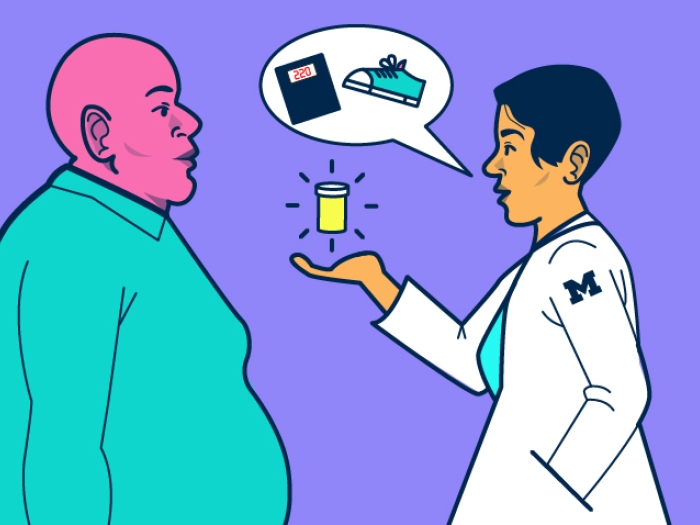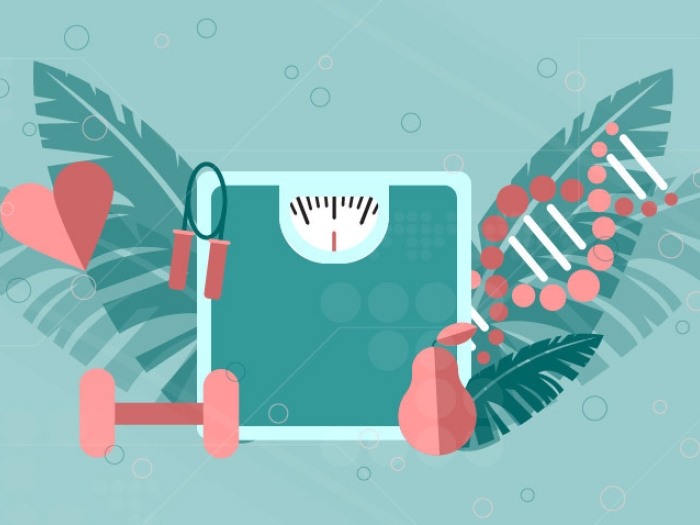There might be something in the water when it comes to the relationship between hydration and body mass index.
5:00 PM
Author |

Researchers are learning whether a simple part of our diets might be linked to a healthier weight — and it has nothing to do with carbs, fat or protein.
SEE ALSO: Fitness vs. Fatness: Which Matters Most?
The potential secret weapon? Water.
People who are obese and have a higher body mass index (BMI) are more likely to be inadequately hydrated and vice versa, suggests new research from the University of Michigan published in Annals of Family Medicine.
"The link between hydration and weight is not clear. Our study further explains this relationship on a population level using an objective measure of hydration," says lead author Tammy Chang, M.D., MPH, MS, an assistant professor in the Department of Family Medicine at the U-M Medical School.
Although the correlation requires further probing, Chang noted that hydration has lately been considered a cornerstone of a weight-loss diet. "We often hear recommendations that drinking water is a way to avoid overeating because you may be thirsty rather than hungry," she says.
Our findings suggest that hydration may deserve more attention when thinking about addressing obesity on a population level.Tammy Chang, M.D., MPH, MS
What causes inadequate hydration?
Chang and colleagues looked at a nationally representative sample of 9,528 adults from the Centers for Disease Control and Prevention's National Health and Nutrition Examination Survey (NHANES). Roughly a third of the adults, who spanned ages 18 to 64, were inadequately hydrated.
The study suggests that people with higher BMIs — who are expected to have higher water needs — might also demonstrate behaviors that lead to inadequate hydration, such as not drinking enough water and eating foods that have lower water content (processed foods vs. fruits and veggies, which have a lot of water). But the study didn't examine specific actions.
Authors note that because the data is cross-sectional, they cannot say that inadequate hydration causes obesity or the other way around. But their findings highlight an important relationship between the two.
H2O Guidelines
Chang says eating healthy foods high in water content, such as fruits and vegetables, can improve hydration status, though more studies are needed to know whether hydration status can influence weight.
"Hydration may be overlooked in adult weight management strategies," says Chang, who is also a member of the U-M Institute for Healthcare Policy and Innovation.
"Our findings suggest that hydration may deserve more attention when thinking about addressing obesity on a population level. Staying hydrated is good for you no matter what, and our study suggests it may also be linked to maintaining a healthy weight."

Explore a variety of health care news & stories by visiting the Health Lab home page for more articles.

Department of Communication at Michigan Medicine
Want top health & research news weekly? Sign up for Health Lab’s newsletters today!





